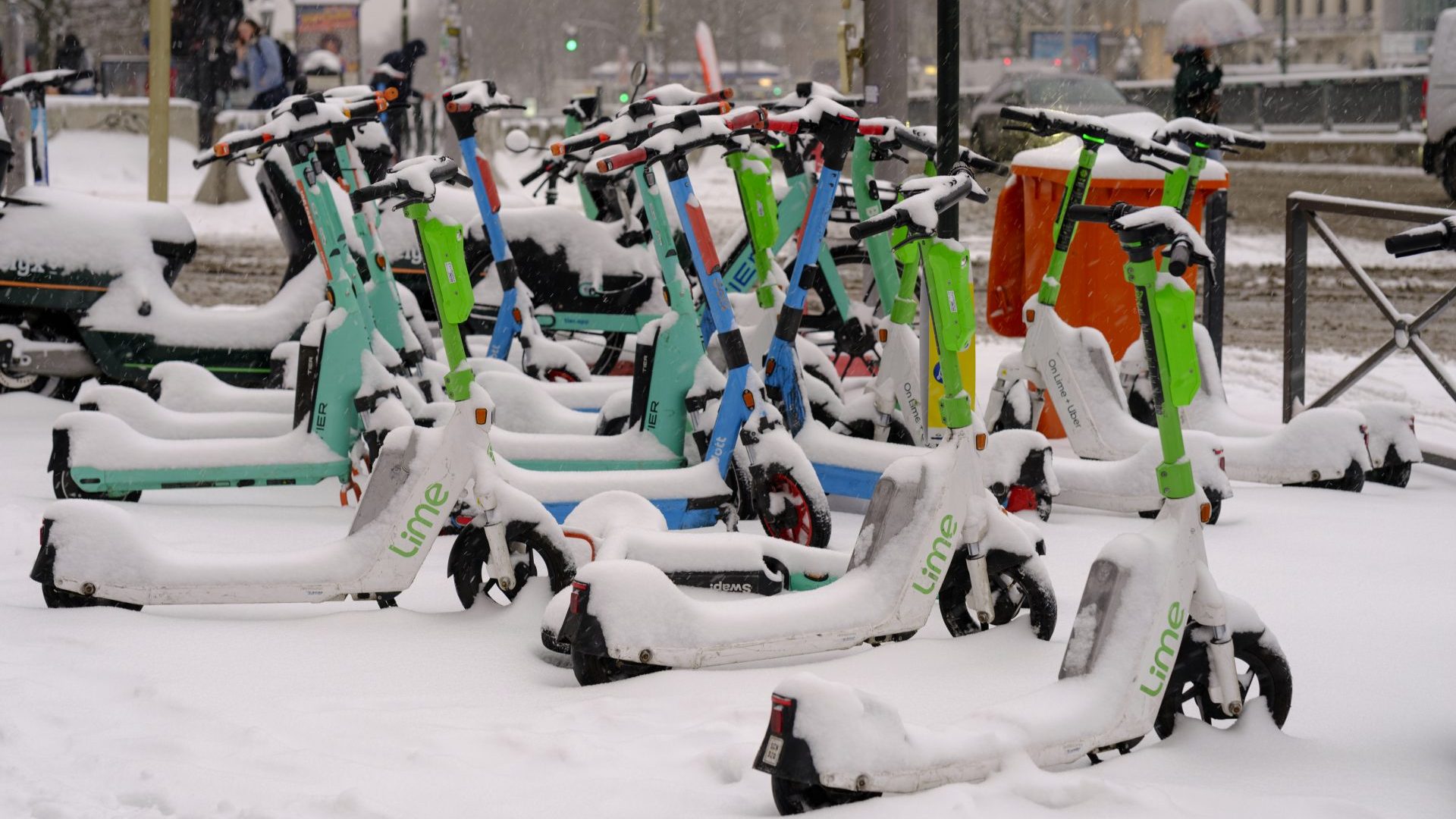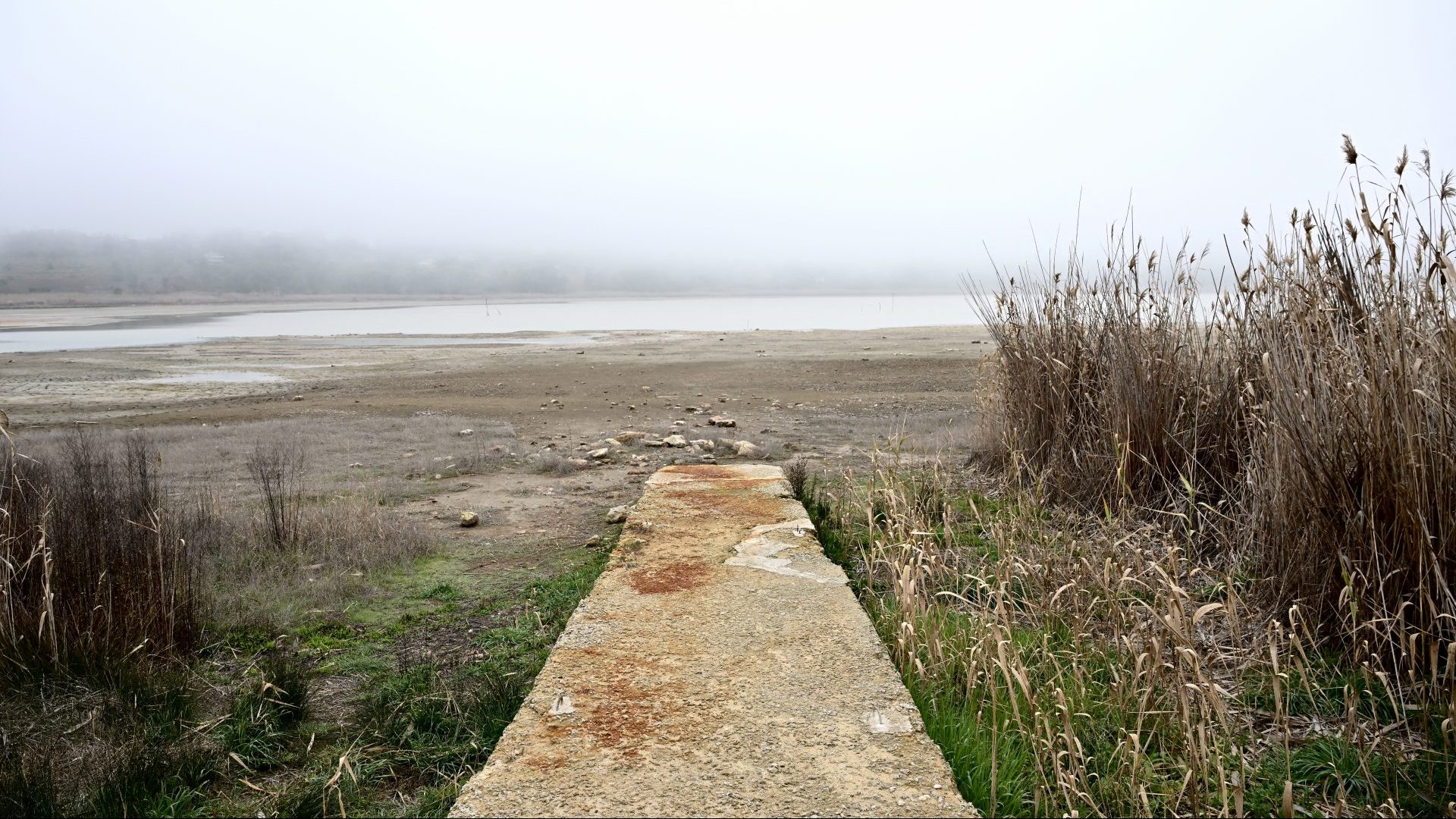When my friend returned to the minivan, she looked dejected. We had just driven back into Brussels after a trip to Ikea. My friend, a devoted cyclist, had needed to return a bulky, heavy item, so she had booked a roomy vehicle through a car-sharing system.
On the ride back, we hatched a plan to reward ourselves with fries from a quintessentially Belgian fry shack, which was close to the Cambio station where we needed to return the car anyway. In an urban planner’s dream scenario, we planned to go multimodal – dropping off the minivan and continuing on to our final destination by bike.
Except there was a problem. The battery of her flashy, red e-bike had been stolen. As we munched on our fries, we both wondered what the thief was going to do with a single, 4kg Bosch battery.
Since the summer of 2020, the number of cyclists in Brussels has tripled. It’s one of the most profound changes my home town has undergone. But unlike bike-loving cities like Amsterdam or Copenhagen, Brussels is not flat. The city’s historic centre was famously built on a hill in the late 900s and although it might be a brisk 12-minute ride from the city’s historic centre to the European Parliament, there’s just short of 60 metres of elevation to deal with.
It’s why, as the city’s bike infrastructure has improved, e-bike sales have shot up. So, too, have thefts.
Later that week, I told another friend about the pinched battery. My friend was never a public transport kind of guy; he used his car to get around. When e-scooter companies like Dott, Bolt and Lime made their moves into the city a few years ago, he started zipping around Brussels on their scooters.
Then, a few months ago, he got rid of his car altogether and bought an electric bike. It was the kind of electric bike that has rapidly become a fixture of the city – the longtail, workhorse kind with a bench that can carry up to three kids – always a riotous sight – with a dizzying price tag of between €5,000 and €7,000.
My friend was not surprised at the battery theft and said that nowadays, used e-bike batteries sell for €250 on Facebook Marketplace. It’s why a lot of cyclists remove their batteries. So, when my friend’s double-locked bike was stolen outside his house a few weeks ago, he still had the battery and was able to sell it… to a cyclist whose battery had been stolen, of course.
Thankfully, my friend had insurance and the company sent him a replacement until he was reimbursed for the theft. That replacement bike was, unbelievably, stolen two weeks later.
He reported the thefts to the police. They informed him, perhaps to make him feel better, that he was not alone. Brussels is in the throes of an e-bike theft epidemic and writing up reports for stolen thousand-euro e-bike thefts is pretty much all they do these days.
A few days later I met up with a fellow journalist for a coffee in the city’s Saint Gilles neighbourhood, and as I was locking up my own, very un-electric bike, a large, green sticker on the pavement caught my eye. It was an advertisement that doubled as a step-by-step guide to using a new, paid locking mechanism for bikes. For €0.89 cents an hour or €4.45 a day, cyclists could rely on the “ultra-resistant arm” of this “Locky” system to keep thieves at bay.
Yet another uninspiringly named urban mobility solution devised by an upstart tech company that will be gone in a few months, I thought. But then I noticed the city’s official flag in the sticker’s bottom-right corner, suggesting that this project was in fact an initiative by the capital’s mobility officials.
Seems like truly everyone is making a killing on the urbanites who are tired of the city’s steep hills – bike stores, thieves, insurance companies … even the city apparently wants to get in on the deal.
Linda A Thompson is a Belgian journalist and editor living in Brussels




